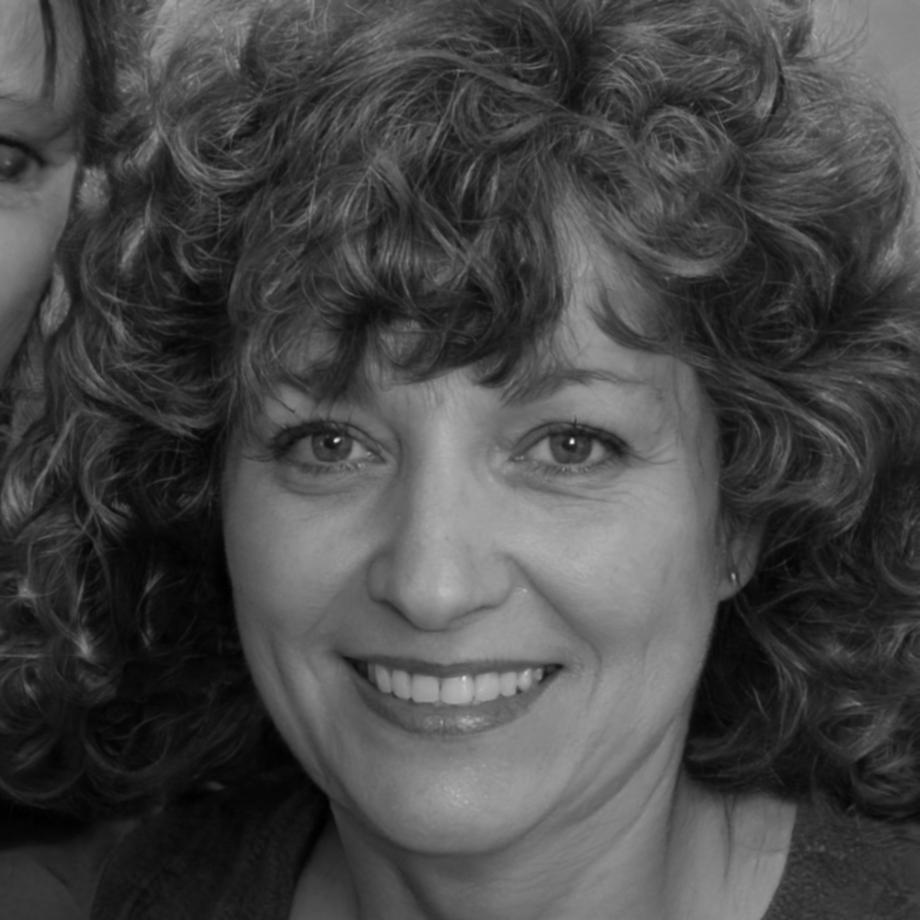Map Your Financial Future with Confidence
Most financial planning tools tell you what happened last month. We help you explore what could happen next year—or in the next decade. Build scenarios that reflect your actual life, not generic templates.
Explore Our Program
Why Scenario Modeling Matters More Than Ever
Between interest rate shifts, property market changes, and evolving tax structures in Australia, financial decisions feel riskier than they used to. That's where scenario modeling comes in.
Instead of making choices based on hope, you can test them first. What happens if rates climb another two percent? If your income drops temporarily? If you delay a purchase by eighteen months?
We teach practical modeling techniques that work for real people—not just finance professionals. By late 2025, you'll have skills that change how you think about money.

Four Core Pillars We Focus On
Our approach breaks down complex financial thinking into manageable, connected skills you can actually use.
Variable Mapping
Learn to identify which factors truly impact your financial outcomes. Not everything matters equally—we show you how to spot the variables that drive real change in your situation.
You'll work with realistic Australian scenarios: property purchases in Sydney versus regional areas, superannuation contribution strategies, or career transition periods.
Timeline Projection
Short-term thinking often conflicts with long-term goals. We teach you to model both simultaneously, so you can see how today's choices ripple forward.
This includes understanding compounding effects, opportunity costs, and how seemingly small decisions accumulate over five to ten years.
Risk Assessment
Every financial decision carries uncertainty. Rather than pretending you can predict the future, you'll learn to model different probability ranges and prepare accordingly.
We cover best-case, worst-case, and most-likely scenarios—then show you how to build flexibility into your plans regardless of which path unfolds.
Adjustment Strategies
Plans change. Markets shift. Life happens. The most valuable skill isn't creating the perfect model—it's knowing when and how to revise your approach.
You'll practice recognizing trigger points that signal you need to revisit your assumptions and recalculate your options.

What You'll Actually Learn
This isn't about becoming a financial analyst. It's about gaining clarity on your own decisions through structured thinking.
- Build custom models that reflect your actual income, expenses, and goals
- Test major decisions before committing real money
- Understand how different variables interact in your specific situation
- Create backup plans for when assumptions don't hold
- Compare multiple pathways side by side with real numbers
Our autumn 2025 intake runs from March through August, with evening sessions designed for working professionals. You'll finish with practical tools you can use immediately.

Real Impact from Real Learning
I kept second-guessing whether to renovate or relocate. Running scenarios helped me see that waiting two years while building equity made more financial sense than rushing either decision. That clarity was worth everything.
— Freja Lindqvist, Small Business Owner, Newcastle